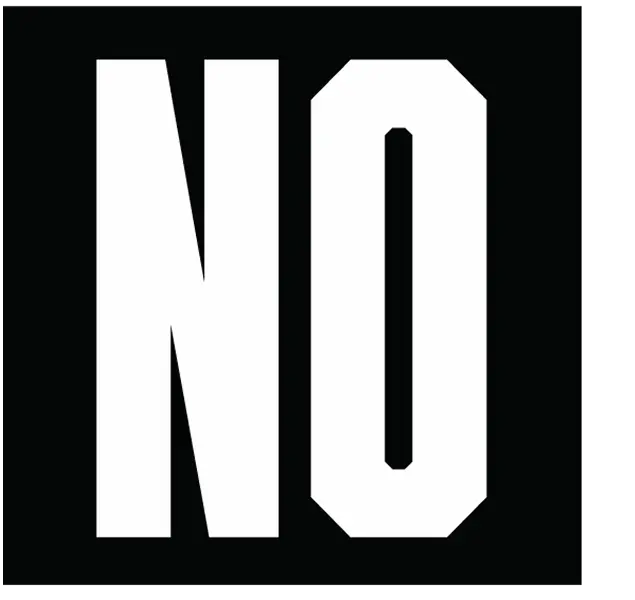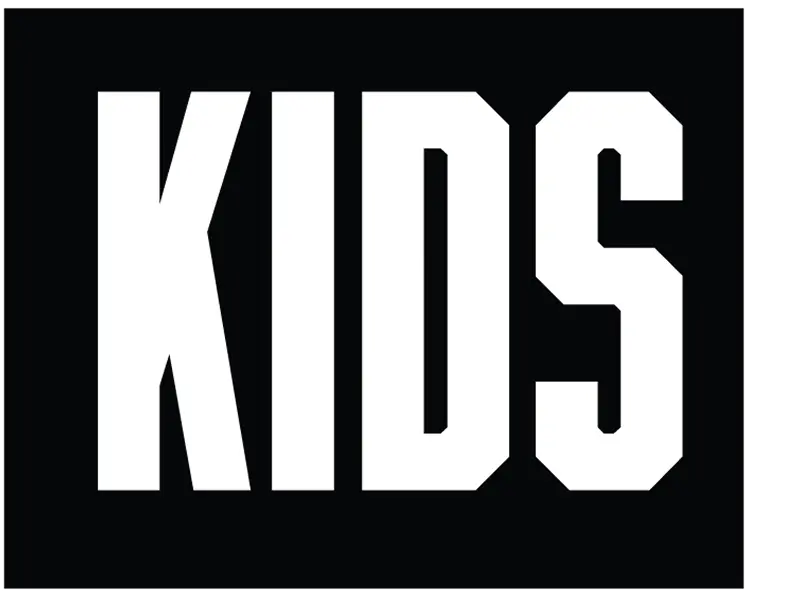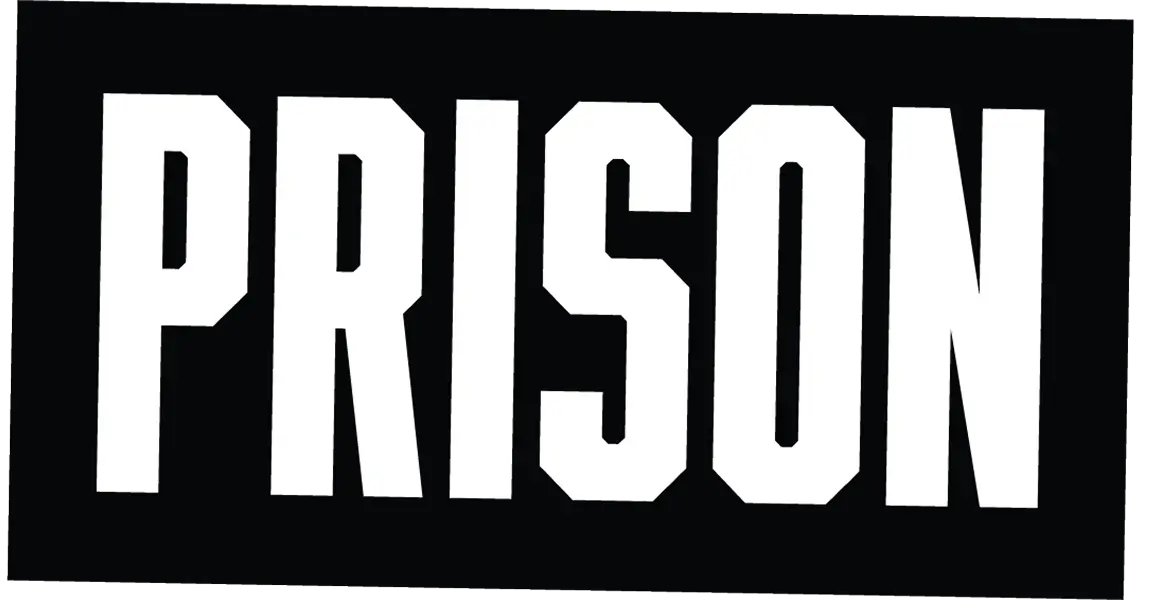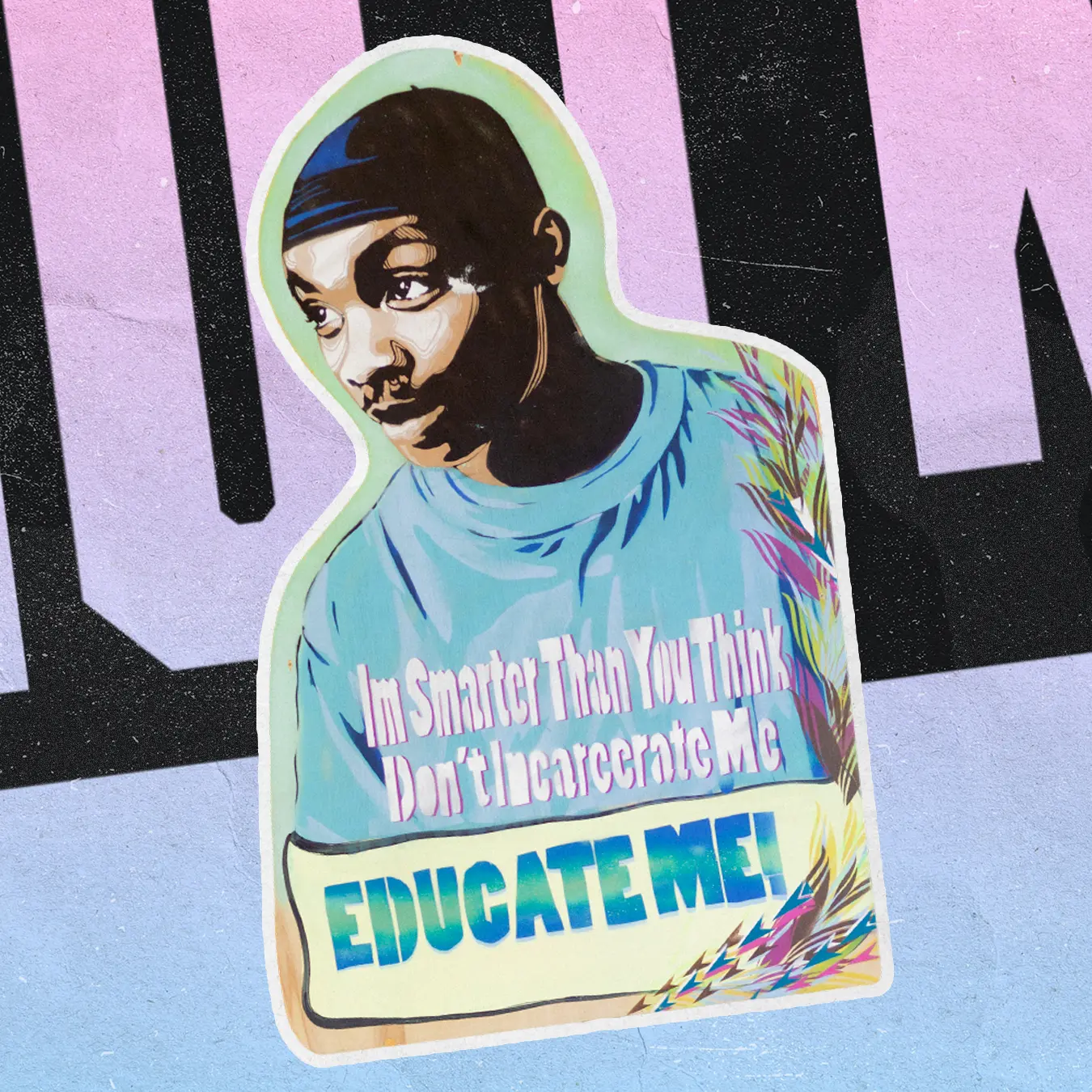This week, many of us will reflect on Dr. Martin Luther King Jr.’s life and the societal change that he helped usher in during the civil rights movement. Each year, we rightly pay respect to Dr. King’s legacy. Still, often, we overlook his role as an organizer and how King’s organizing laid the framework for the transformative change that he began to actualize near the end of his life and would continue for years after his death.
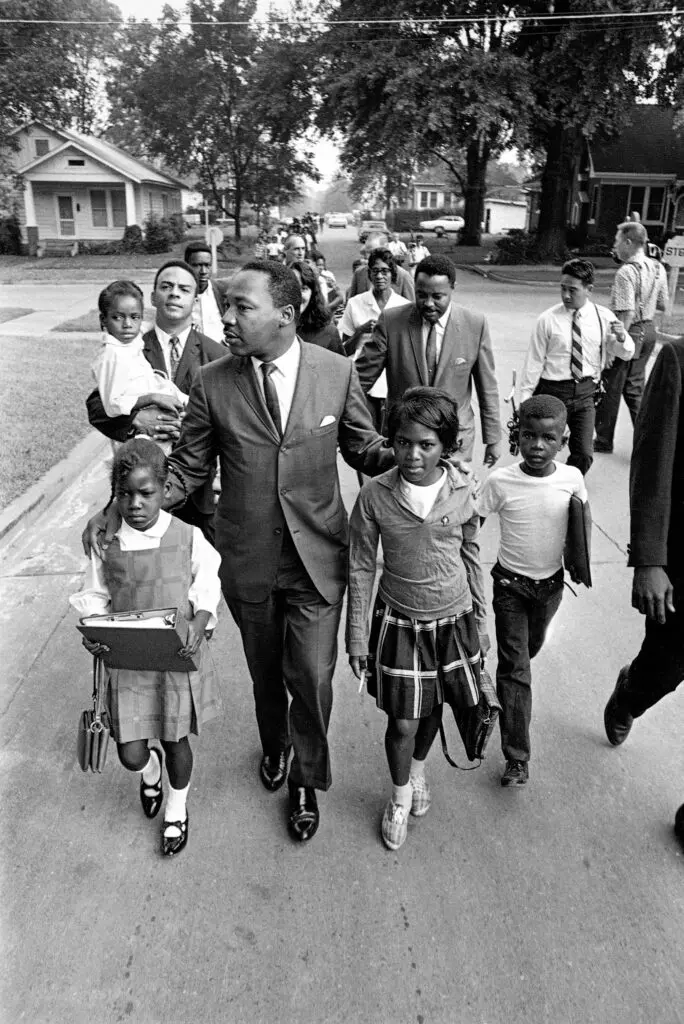
By carefully coordinating with campaign partners in local jurisdictions and organizing deeply within those communities, Dr. King was able to forge national change. From Selma to Birmingham to Atlanta, Dr. King deployed tactics to tackle individual local issues that collectively helped usher in a radical sea change in civil rights nationally.
In the fall of 1961, local activists with the Student Nonviolent Coordinating Committee (SNCC) in Georgia partnered with Dr. King’s Southern Christian Leadership Conference (SCLC) and a half dozen other groups to form the Albany Movement. This successful desegregation campaign deployed myriad tactics that Dr. King described as including “mass demonstrations; jail-ins; sit-ins; wade-ins, and kneel-ins; political action; boycotts and legal actions.” Dr. King recognized the importance of tactical diversity and that power is built from the ground up in our communities.
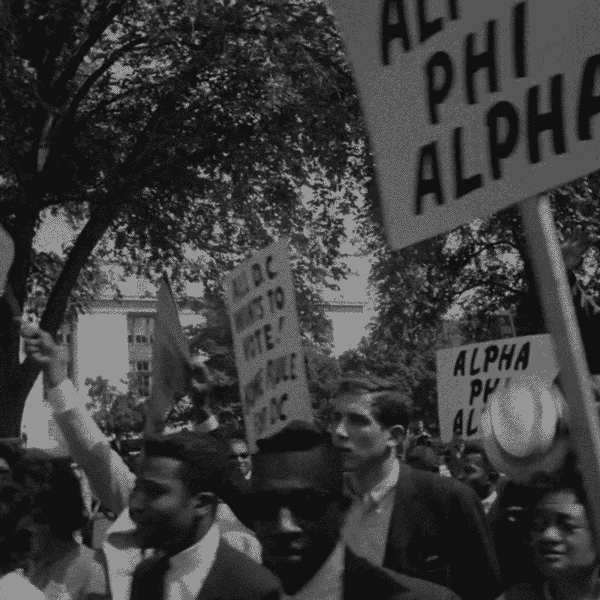
This Martin Luther King Day, we at the Youth First Justice Collaborative are reflecting on Dr. King’s role as an organizer and how deep organizing informs our efforts to assist our state partners in building power in their communities to close youth prisons. In this spirit of organizing, the Youth First Justice Collaborative is excited to announce that we will hire a Director of Youth Organizing and Leadership. If you or someone you know has experience organizing with young people and is interested in this position, please email your resume to jobs@youthfirstjusticecollaborative.org before Friday, January 19th, 2023.
Dr. King once said, “[a] genuine leader is not a searcher for consensus but a molder of consensus.” His words remind us of the power we have as organizers to bring people together to actualize our shared vision of a world without youth prisons.
